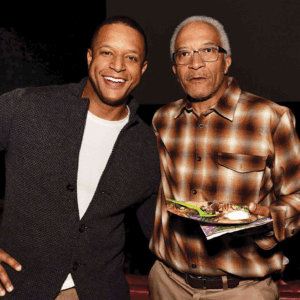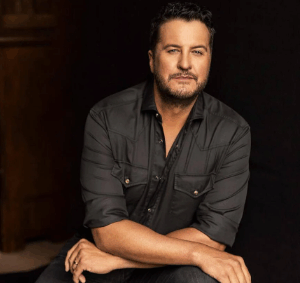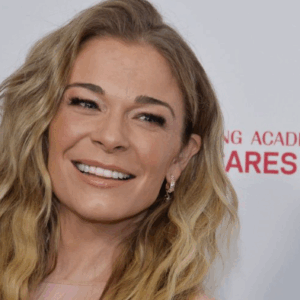The View’ Host Ana Navarro Reveals Why She Never Had Kids Despite Trying IVF: ‘It Was Too Late’
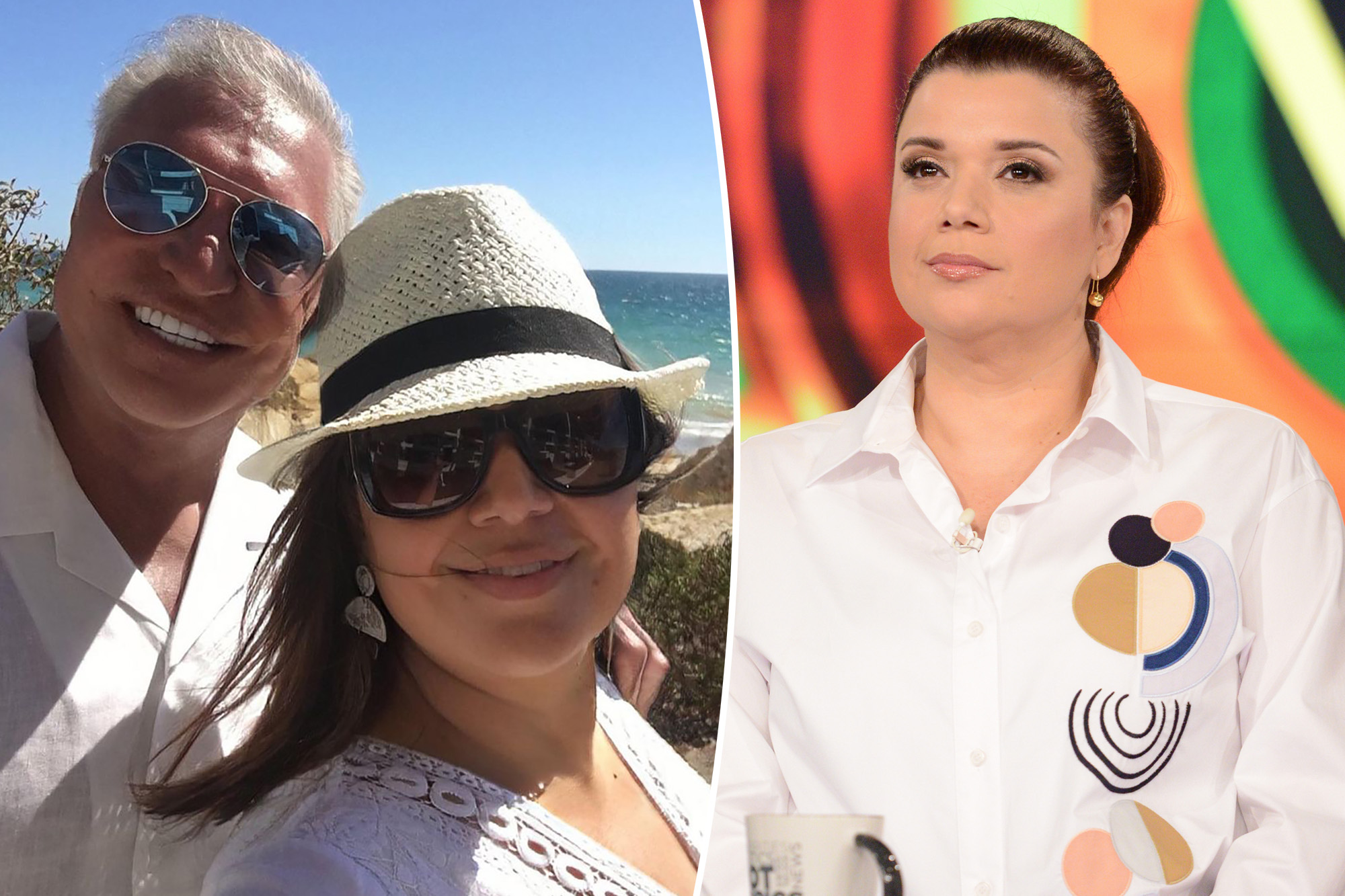
Ana Navarro, known for her vibrant personality and thought-provoking insights, is a co-host on the popular talk show “The View.” Recently, she opened up about her personal journey with infertility and the societal pressures women face concerning motherhood. At the age of 50, Navarro shared that she and her husband had attempted in vitro fertilization (IVF), but their efforts were ultimately unsuccessful. This candid revelation sparked a much-needed discussion about the expectations placed on women when it comes to starting families.
During the episode, Navarro expressed her feelings about the timing of her attempts to conceive, stating that by the time she tried IVF, “it was too late.” Her admission highlights the critical issue of age and fertility, which many women grapple with as they navigate personal and professional ambitions. In a society where motherhood is often portrayed as a benchmark for a woman’s success, Navarro’s perspective serves as a reminder that it is essential to honor each woman’s unique journey.
Understanding Fertility Challenges

The conversation around infertility is often shrouded in stigma, and Navarro’s openness has encouraged dialogue among her peers. Fellow co-host Sunny Hostin shared her own experiences with multiple IVF treatments, admitting that they led to significant emotional and financial challenges. This transparency is essential as it breaks the silence that often surrounds infertility struggles, allowing women to share their experiences without fear of judgment.
The discussion didn’t stop there; co-host Joy Behar also contributed to the dialogue, reflecting on societal expectations regarding motherhood. The overarching theme was clear: women should not have to conform to societal timelines when it comes to family planning. The pressure to start a family can be overwhelming, especially given that many women today are prioritizing their careers, education, and personal aspirations before considering motherhood.
The Role of Egg Freezing
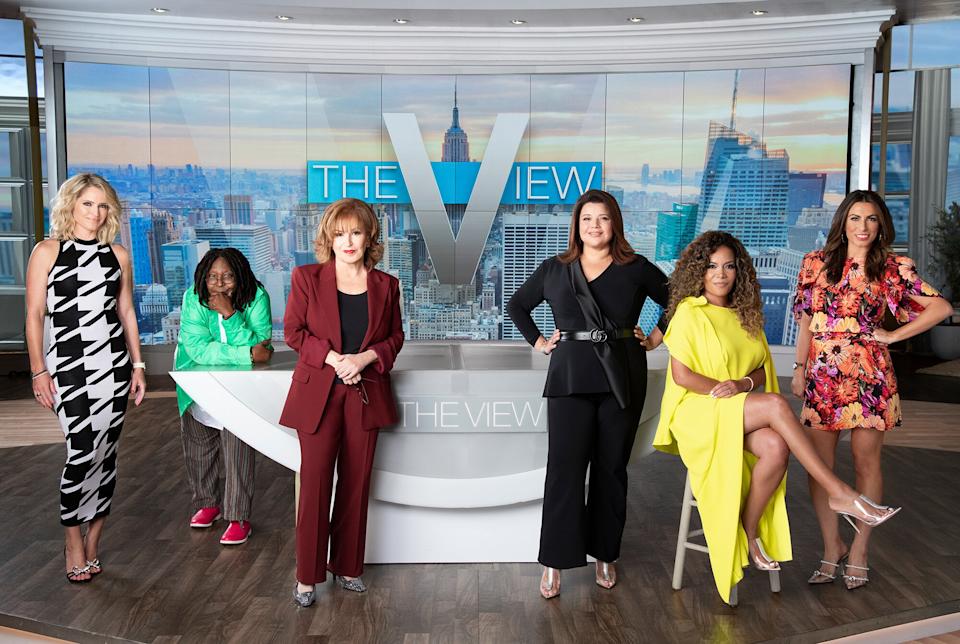
A notable point raised during the episode was the topic of egg freezing. Navarro advised women to consider this option if financially feasible, as it allows for more opportunities to conceive later in life. However, co-host Sara Haines raised valid concerns about its cost, emphasizing that not every woman has access to such fertility preservation methods. This discrepancy adds another layer of pressure for women who may feel that the clock is ticking on their reproductive futures.
The reality is that financial constraints significantly impact the choices available to women regarding fertility. Egg freezing can be a costly procedure, and many individuals may not have the resources to pursue it. Therefore, discussions about fertility ought to include not only personal choices but also the socioeconomic factors that limit opportunities for women.
Redefining Societal Expectations

Throughout the episode, the hosts engaged in a critical dialogue about gender norms and the differences in expectations placed on men versus women. Navarro humorously pointed out how high-profile men are often celebrated for having children later in life without facing the same scrutiny that women do. This discrepancy adds strain to women’s experiences, as they often feel pressured to meet societal norms that are influenced by outdated notions of gender roles.
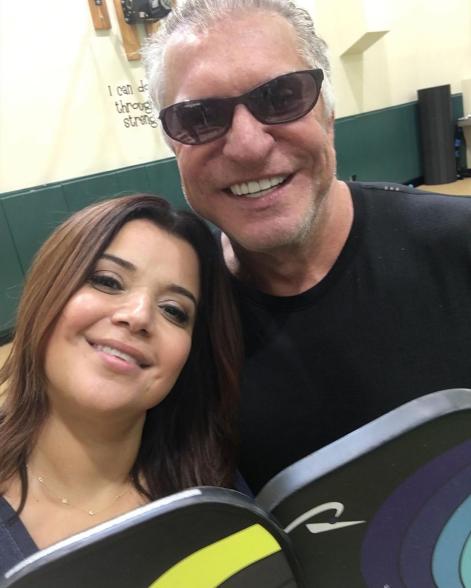
The conversation on “The View” was a powerful reminder of the broader societal issues that continue to affect women regarding fertility and motherhood. It highlighted the need for a more nuanced understanding of women’s choices and the various paths they may take. By breaking the silence surrounding infertility and challenging societal norms, these discussions can inspire greater empathy and support for women at all stages of their reproductive journeys.
As Ana Navarro and her co-hosts continue to discuss these critical topics, they serve as voices for many women who may feel isolated in their experiences. By sharing their stories, they are fostering a culture of understanding and acceptance that encourages open conversations about motherhood, fertility, and beyond.

For those seeking further support or information surrounding fertility issues, many resources are available. It is essential to engage in conversations about these topics, reframe societal narratives, and empower women to make informed choices about their reproductive health.
